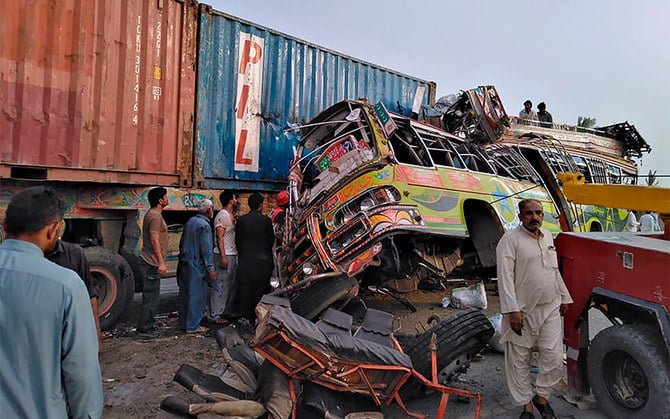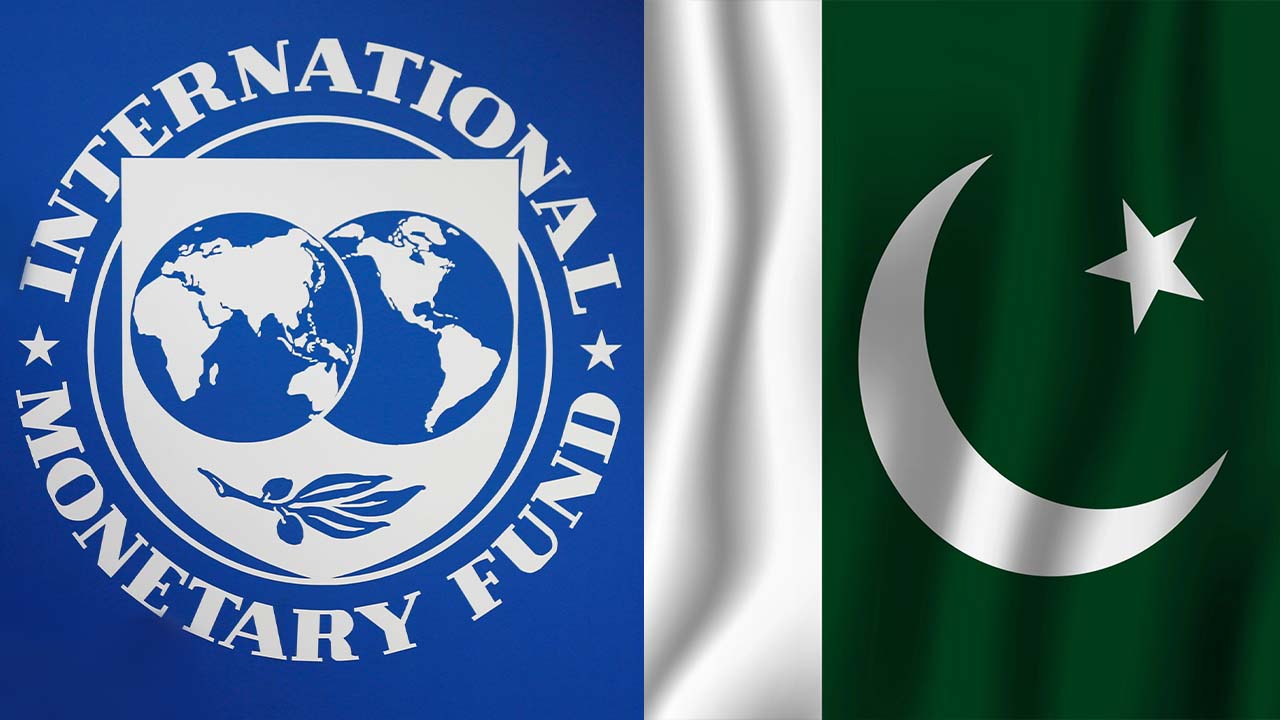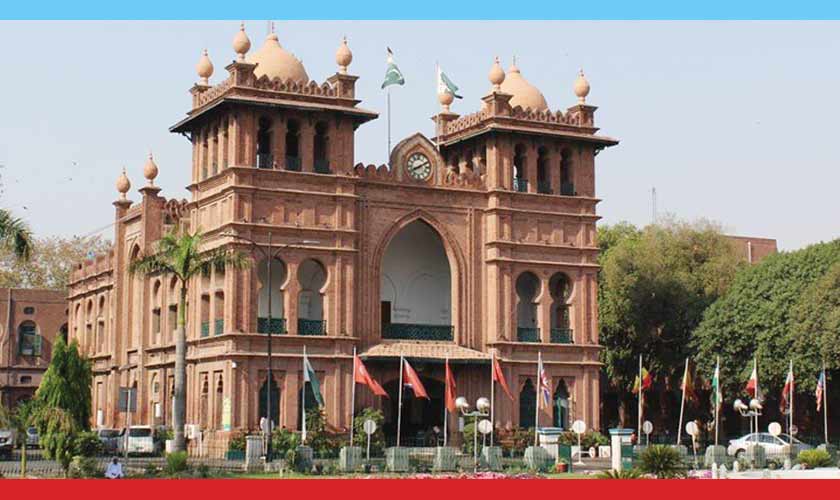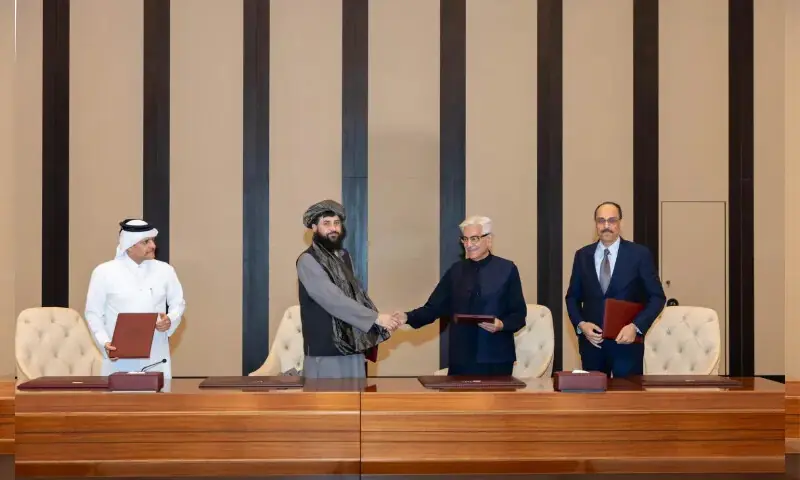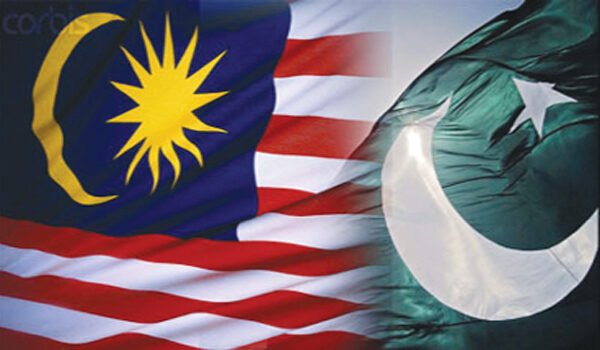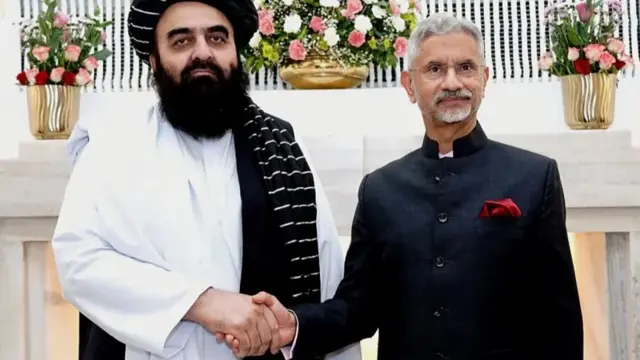On the morning of Friday, Feb 8, 2023, fate rang the doorbell of a home in Islamabad. The woman who answered the call had no idea that her life was about to be upended. On the other end was a police officer with the kind of news that no one wants to hear. Her eldest son, a mere 29 years old, had been in a fatal accident in front of a prominent school in F-7/3. The motorcycle he was riding had been hit by a speeding car, and the impact was so severe that the motorcycle was barely recognizable. One can only imagine the force of a speeding car with a reckless driver behind the wheel on a human body.
Unfortunately, the nightmare was just beginning. When the family arrived at the police station, they were told that the culprit had been granted bail before arrest and was still at large. As is often the case with reckless drivers, the perpetrator came from an influential family. Their sense of entitlement seems to give them the freedom to ignore the safety of others on the road. The loss of a son and brother was already devastating, but the police’s apathy and the impunity that the wealthy elite enjoys only adds insult to injury. Even though the accused had admitted guilt, the Islamabad Police said they would conduct their own ‘investigation’ while the culprit roamed free, able to flee from the law.
In the meantime, the family had to plead with the school for CCTV footage to show how the incident occurred. The police had access to their own CCTV footage, but they had not shared it. The family was dealing with a double tragedy. The grief of losing a young loved one and the realization that the police’s negligence was allowing the perpetrator to evade justice.
This is not an isolated incident in a country with the unfortunate distinction of having the highest number of road fatalities in Asia. A study conducted in Karachi revealed that the majority of fatalities in road traffic accidents between 2007 and 2014 were drivers of motorbikes and bicycles. Pedestrians were the second-highest number of fatalities. Studies have shown that there is an immediate need to use technology to deter speeding in the country, but as this case illustrates, even when evidence exists, it is either too difficult to access or deliberately concealed by those who protect the powerful.
The sons of the wealthy treat the country’s roads like a video game, mowing down pedestrians and motorcyclists who are not real people to them. This callous disregard for the lives of others is a clear sign of the country’s deep-seated social inequality. Those who are privileged believe they can act with impunity while the less fortunate are left to bear the brunt of their recklessness.
It is time for the government to take decisive action to address the problem of reckless driving and hold those who violate traffic laws accountable. A system of justice that is blind to the wealth and power of the accused needs to be established, and the police need to be held accountable for their inaction. The state must utilize technology to deter speeding, and the government must invest in better infrastructure to ensure safer roads for everyone.
The loss of a young life is always tragic, but it is even more so when it is the result of avoidable recklessness. It is time for the country to stand up and demand accountability from those in power. The lives of ordinary citizens are just as valuable as those of the wealthy elite, and justice must be served regardless of one’s social standing or financial status.
A recent study, entitled “Empirical Assessment of Factors Influencing Injury Severities of Motor Vehicle Crashes on the National Highways of Pakistan,” suggests that the 4Es approach could be the solution to the country’s high rate of severe car crashes. The 4Es, which stand for engineering, enforcement, education, and emergency services, could significantly reduce the severity of crashes on Pakistan’s highways. However, one cannot help but feel disheartened upon reading this list, as none of these are a priority in the country.
Even when enforcement does occur, it often targets the most vulnerable individuals on the road, such as motorbike riders and drivers of small cars. These individuals are often targeted by the police, who calculate that they will be easy to extort for bribes. It is rare to see a speeding car being pulled over for breaking traffic rules or the driver being arrested for reckless driving. Even when an innocent person is killed, there is no effort made to punish those responsible.
Pakistan is a lawless country with lawless roads. People are routinely arrested for criticizing the government, and sometimes, they are even eliminated if they pose a threat to the powerful. The wealthy treat the country’s roads like a video game, showing no regard for the pedestrians and motorcyclists they mow down. To make matters worse, the highway study mentioned earlier shows that the probability of major injury to the victims increases when the crash occurs on a horizontal curve, in the months of July and November, on a Tuesday, and during cloudy weather.
In 2018, nearly 36,000 people died in road accidents, and it is safe to assume that this number has only increased since then. Unfortunately, the majority of these deaths are pedestrians, cyclists, motorcyclists, and rickshaw drivers. In other words, it is the country’s poor who are most at risk on the country’s roads. If there are any investigations into these thousands of deaths, they are never heard of.
In cases where justice is sought, those who are not in power are met with rude and evasive responses from the police. The family of the deceased in the Islamabad incident earlier this month was met with this exact response. Sadly, this is the scenario in every case. Those who want justice are thwarted at every step, while those in power pay no heed to their suffering. If you want to drive in Pakistan and are not one of the powerful, you must do so with the awareness that your life does not matter.
In conclusion, it is clear that the situation on Pakistan’s roads is dire, and the government must take immediate action. The 4Es approach could be a viable solution, but it will require significant effort and prioritization from the government. Furthermore, the police must stop targeting vulnerable individuals and start enforcing traffic laws fairly. Until then, Pakistan’s roads will remain lawless and dangerous.
Read more:



